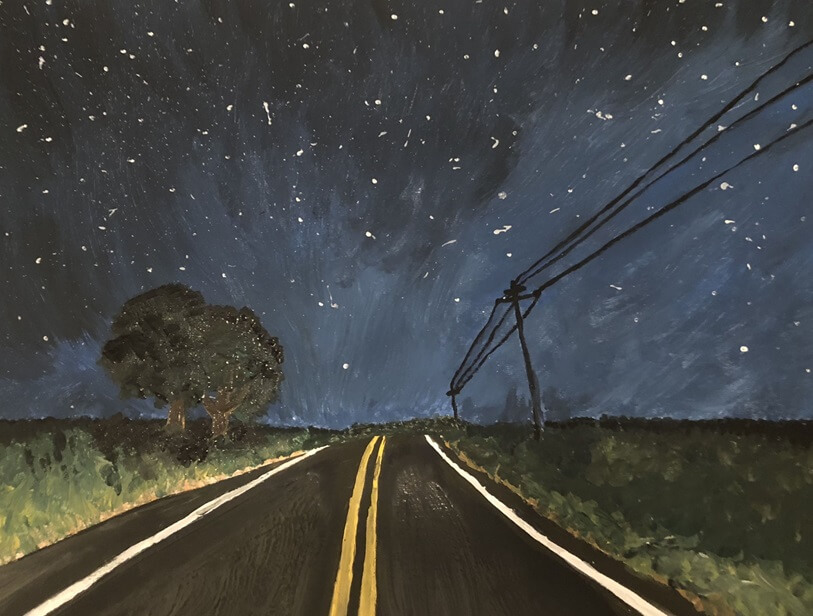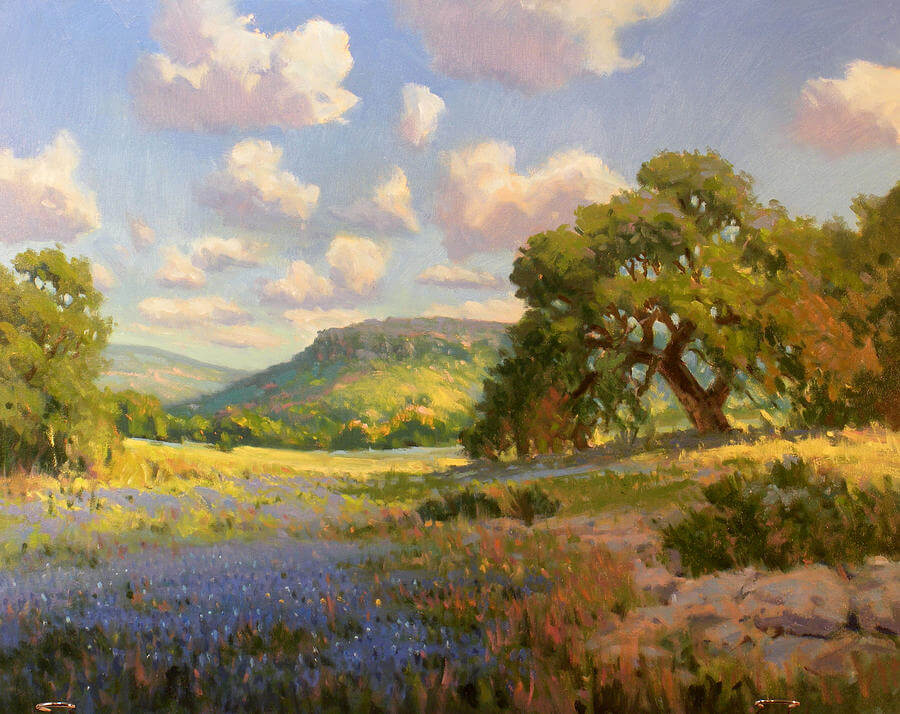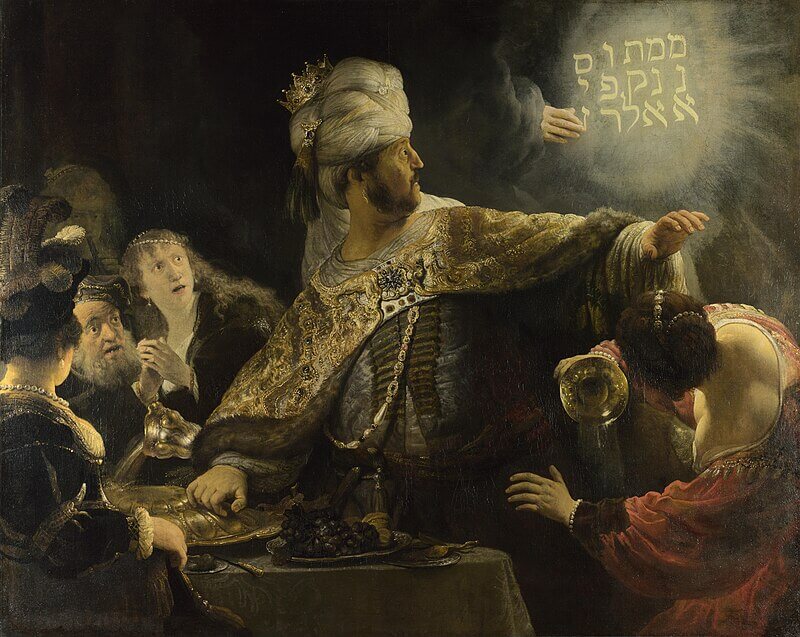Behind the Wheel

1
There is no going back: the lights change
At life, and there is one direction driven –
Whatever detour, visit, we might arrange
From that beginning, the route is something given –
No planning of ours required, any opposition
Irrelevant – and every driver thus made
A passenger in a vehicle never chosen:
In any stopping, never stayed –
The end, if uncertain, in no way delayed.
2
So much everybody knows, with nothing new
In the general continuing traffic of humanity:
The opportunity offered of a passing view
Of things with unconcern, interest, antipathy –
Others that one would choose to see
Forever were that ever in one’s power:
Every such experience, though, immediately
Becoming loss, as hour after hour
One lovely thing disappears, and another turns sour.
3




